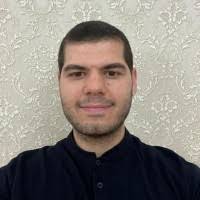Hosen Nator-Quantum seminar- "Quantum Coordination in Multi-User Networks"

State distribution and coordination are important in quantum communication, computation, and cryptography. The main objective in network coordination is to generate nontrivial correlations between users in a multi-user quantum network, i.e., prepare a desired multi-partite state. Implications include task assignment in a quantum computer network and nonlocal games with quantum strategies. In our work, we consider several network topologies and determine the optimal communication rates required to create a desired correlation. We study networks with classical and quantum links.
Starting with classical links, we characterize the generation of separable correlations in three primary models: (1) a two-node network with limited common randomness (CR), (2) a no-communication network, and (3) a broadcast network, which consists of a single sender and two receivers. We establish the optimal tradeoff between the classical communication and CR rates in each setting, thus characterizing the minimal resources for simulating classical-quantum correlations.
Next, we consider coordination with quantum links. We study the following: (1) a cascade network with limited entanglement, (2) a broadcast network, and (3) a multiple-access network, with two senders and a single receiver. We establish the optimal tradeoff between quantum communication and entanglement rates in each setting, characterizing the minimal resources for entanglement coordination. The examples demonstrate that coordination of entanglement and coordination of separable correlations behave differently. At last, we show the implications of our results on nonlocal games with quantum strategies.
